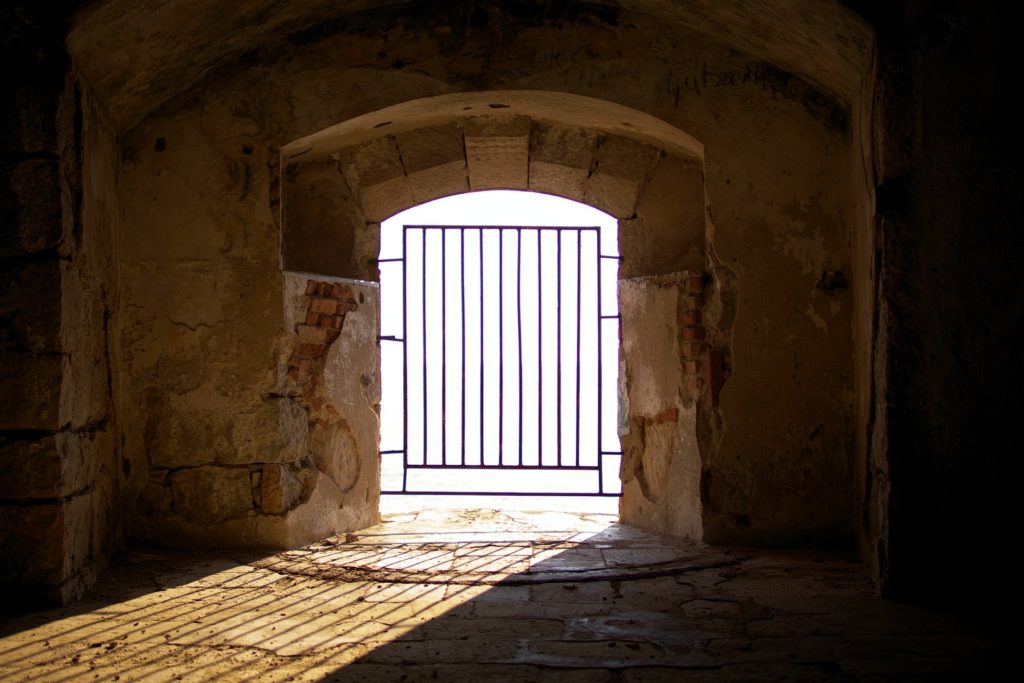Prisoners in countries across the world are being forgotten in the midst of a pandemic of Covid-19, and in many cases the measures taken to control them are leading to major violations of human rights, according to Amnesty International.
The report, Forgotten Behind Bars: COVID-19 and Prisons, estimates there are 11 million people in prisons at present, living in conditions where sanitary measures are either ignored or simply impossible.
Safe distancing is not possible in most cases, and in many prisons prisoners have no access to basic hygiene products or facilities. Outbreaks of disease are common, and no effective quarantine is available.
On top of that, the data is simply not available to allow a clear picture of the extent of the problem to be drawn.
Overcrowding is the most common problem, with 102 countries reporting an official occupancy rate of more than 110%. Some countries have even resorted to allowing prisoners to go free to reduce overcrowding, but never sufficient to bring numbers down to safe levels.
“Countries facing overcrowded prisons, such as Bulgaria, Egypt, the Democratic Republic of Congo and Nepal, are doing too little to stop a virus outbreak,” said Amnesty's Netsanet Belay.
“And in countries such as Iran and Turkey, hundreds of people who are arbitrarily detained, including human rights activists, were skipped in the corona-related releases.”
Violations of prisoners’ rights include an over-use of solitary confinement for potentially infected prisoners, isolation for up to 23 hours a day, and restrictions on family visits, which can lead in turn to protests that are met with violence by the authorities.
The report does not mention Belgium specifically, but that does not mean there are no similar problems here, according to Wies De Graeve, director of Amnesty International Vlaanderen.
“The bad situation in Belgian prisons is well known, and in ‘normal’ times already very worrying from a human rights point of view,” he told MO*. “There are structural problems that have sometimes dragged on for decades: overcrowding, dilapidated and outdated buildings, inadequate care.”
Since the beginning of the pandemic, Amnesty in Belgium has been reporting on concerns including shortages of protective materials like masks as well as sanitary products like soap, as well as the impact of restrictions on living conditions and social contact.
“Some of the measures taken last year – such as an extension of parole – had a positive impact on overpopulation for a while, but that was very short-lived,” said De Graeve. "Other measures, including those concerning contact with children, are on the other hand very restrictive and have a very large impact on the prisoners and their families.”
Amnesty is now calling on all governments to consider prisons as high-risk places and to give priority to inmates in vaccination plans, especially those affecting higher age groups and prisoners with chronic health problems.
Alan Hope
The Brussels Times

